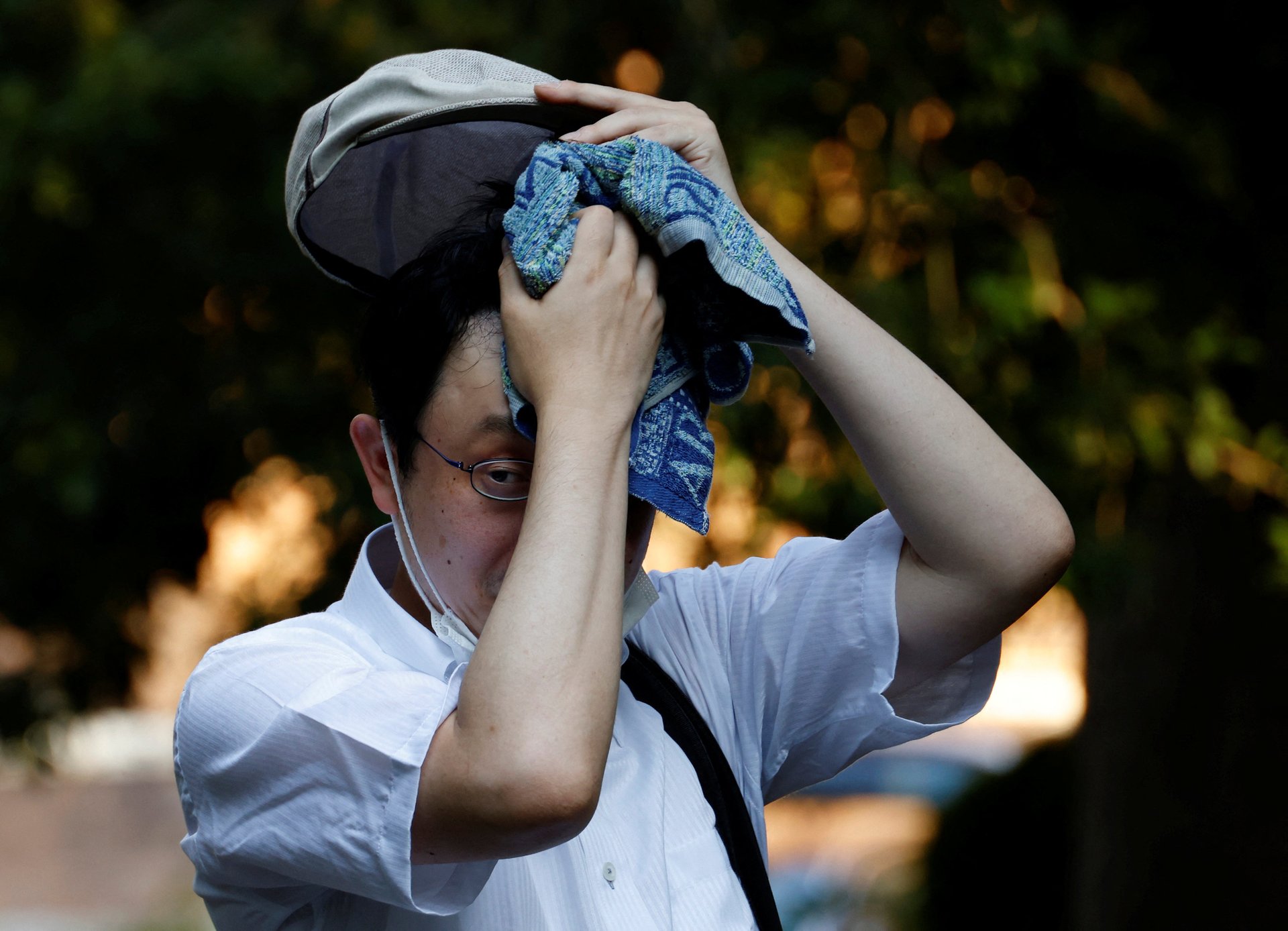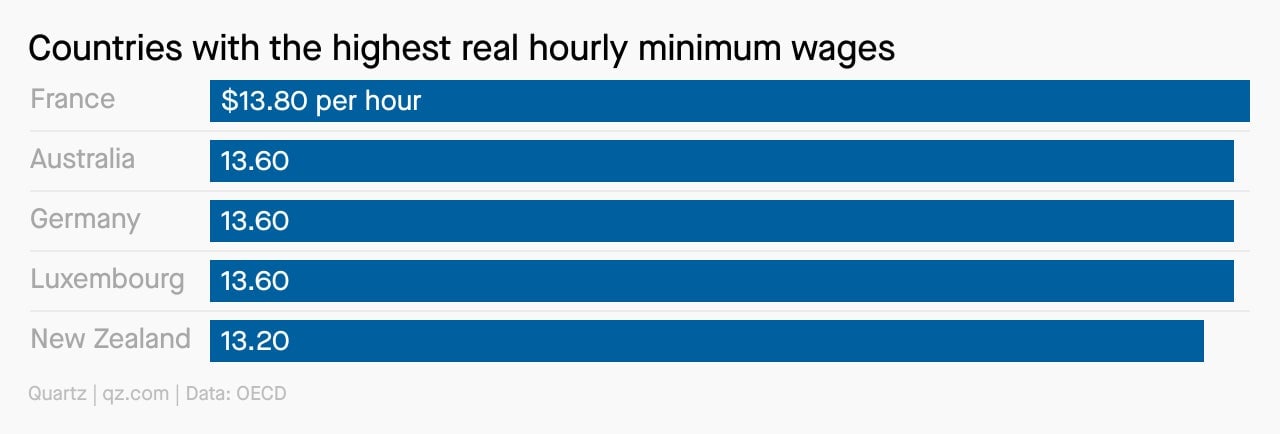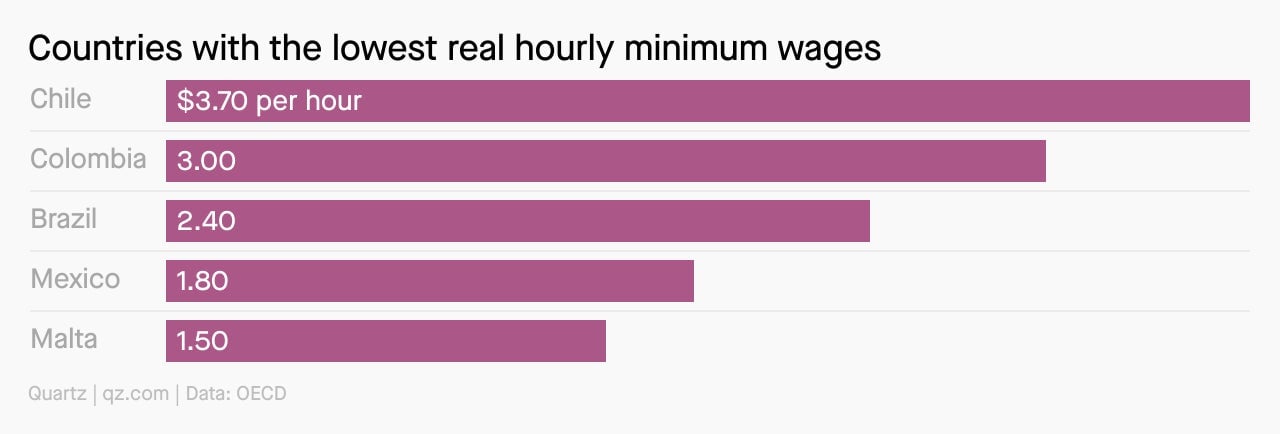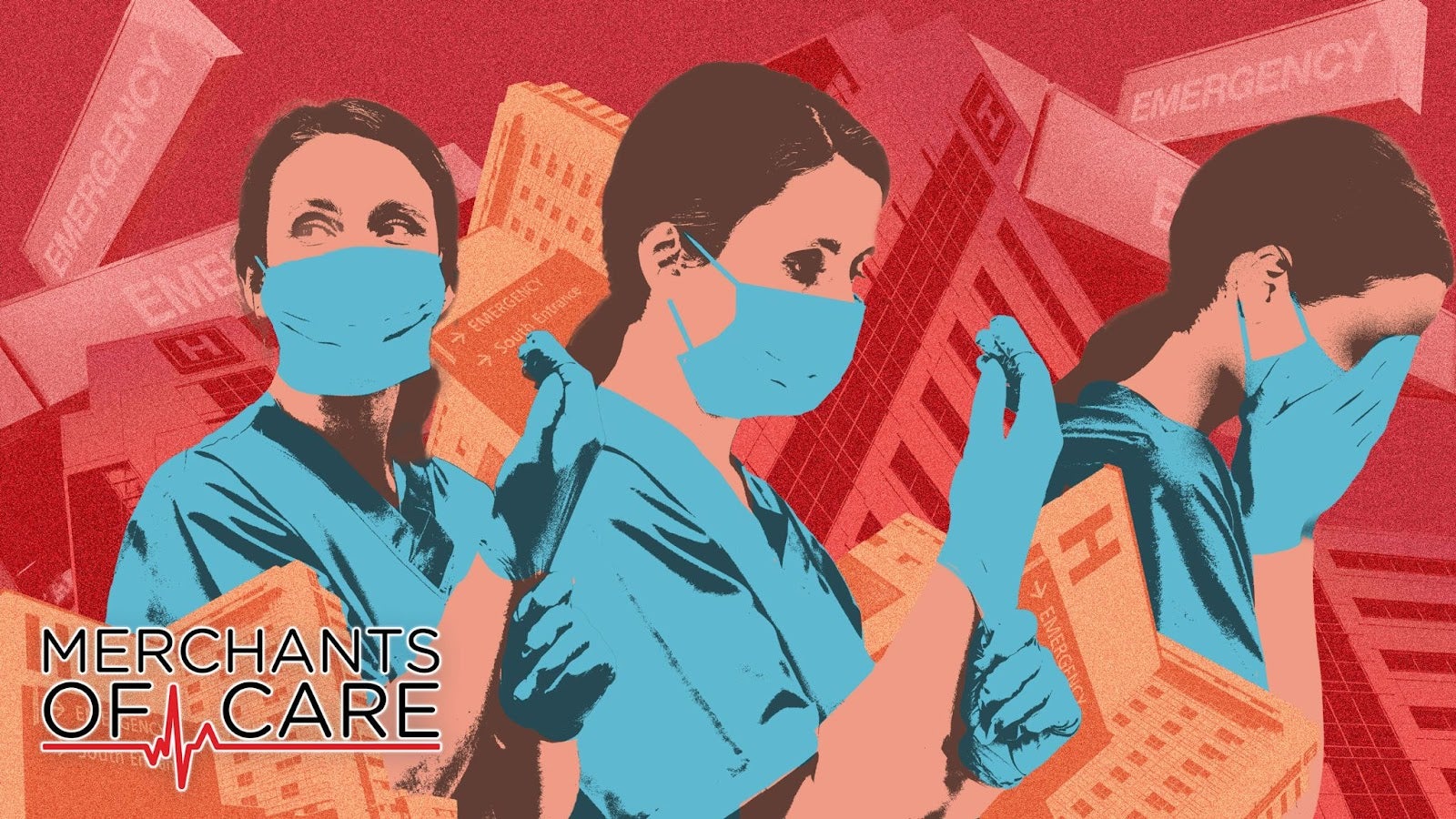🌏 Japan’s hot fall
Plus: Who’s paying the most least?

Good morning, Quartz readers!
Suggested Reading
Here’s what you need to know
Does Japan remember a hotter September? It quite literally doesn’t—the country just saw its highest temperatures ever recorded for the month. It’s been a weird year all over.
Related Content
Amazon named its special competitor-throttling algorithm. According to the Wall Street Journal, the US Federal Trade Commission’s redacted monopoly lawsuit says “Project Nessie” tested raising prices in ways that would make competitors follow.
McDonald’s and Wendy’s bigness won big in court. A US federal judge dismissed claims that a reasonable person would expect a fast food burger to be as big as it looked in an ad.
But the Nobel prize in physics was all about smallness. Anne L’Huillier, Pierre Agostini, and Ferenc Krausz developed a way to make lasers flash in mere attoseconds—a space of time so short we can’t even wrap our minds around it—which opens up a host of useful applications.
How the other half lives
On Monday, the UK announced that it’s raising the minimum wage to at least £11 ($13.40) per hour. That sent us on a little bit of a road trip around the world, tracking which countries pay the highest and lowest minimum wages and converting that into dollars. (A real minimum wage takes inflation into account.)


As you can see, the UK’s change will put it up among the highest. The US is somewhere in the middle of these lists, at $7.30. See how other countries stack up.
Masking systematic exploitation

“I was excited,” Rachel said of the weeks before she boarded her flight to Tallahassee in August 2022. “It’s the US. It’s the most glamorous place.”
The US means opportunity for many foreign nurses—more pay, more education, more career advancement. Along with Type Investigations, and with funding from the Pulitzer Center, we spent a year following nurses from the Philippines laboring under exploitative contracts.
The final installment in our series Merchants of Care follows migrant nurses in Florida and other states, who were threatened with lawsuits or reports to immigration authorities if they wanted to leave their positions, an experience one described as “exhausting” and “demoralizing.” Meanwhile, the nurses watch waves of other skilled migrants arrive, full of hope. Read the story.
One important number: 10%
Share of men who experience postpartum depression after a new baby enters the picture, according to a 2019 study
Sadness, anxiety, and self-doubt are classic postpartum depression symptoms we’re used to associating with women in the months after giving birth. But new research is showing that the reasons for the phenomenon aren’t just hormonal, and such a dramatic shift to a lifestyle (including, hello, lack of sleep) affects men too. And men suffering from postpartum depression can see real changes to their work performance. Rather than pretend it doesn’t exist, savvy employers are adapting accordingly.
Quartz’s most popular
🧶 The all-out revolt against Knitting.com helps explain boycotts at Reddit and Etsy
Surprising discoveries
Disco balls have a scientific purpose. You can use them for safely observing the sun during an eclipse, assuming you don’t dance into a pal.
We’ve been thinking about galaxy brightness all wrong. Images of unusually glittery early galaxies—or, one could say, nature’s disco balls—brought back by the James Webb telescope threw scientists for a loop until they figured out what was going on.
Kellogg’s, soon to be renamed Kellanova, prefers snacks to cereal. Sugary flakes used to be the company’s bread and butter, but now its cereal division is toast.
Taco Bell wants to be the first to see you go. Its drive-thru is the one to beat, says a wildly thorough report.
X has signed Paris Hilton to make videos and do live shopping events. For our younger readers, Hilton is famous for being famous around about when Twitter was still in its infancy.
Correction: In yesterday’s Daily Brief, we incorrectly referred to Nobel Prize winners Katalin Karikó and Drew Weissman as Swedish scientists. Karikó is Hungarian-American and Weissman is American. We’ll put our dreams of winning this year’s Nobel Peace Prize in Literature on hold.